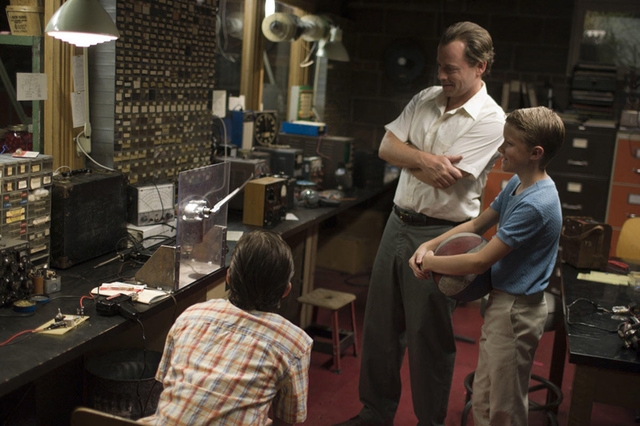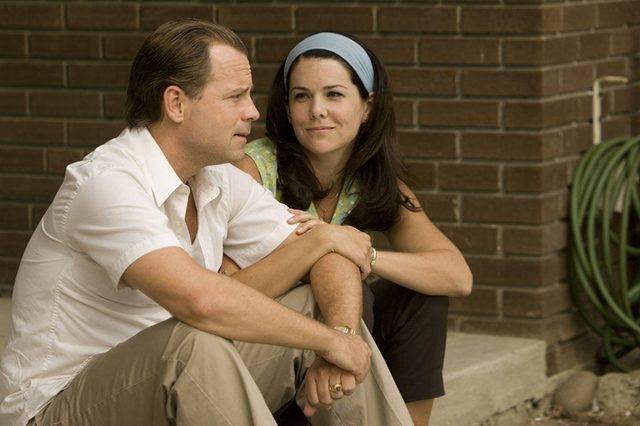Film Review: Flash Of Genius
True-Life Patent-Infringement Drama Not As Exciting As Genre Would Lead You To Believe


“Seriously. I used to host ‘Talk Soup.’ Now it’s just ‘The Soup.’ John Henson

Hal Sparks


